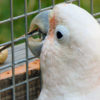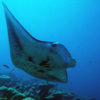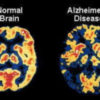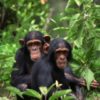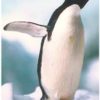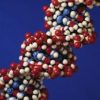A Goffin’s cockatoo (Cacatua goffiniana) named Figaro has been observed spontaneously making and using tools for reaching food and other objects. Figaro, who lives in Vienna, was reared in captivity and animal behaviorists are unclear as to how he acquired his DIY skills. The researchers that documented his tool making abilities, from the Universities of […]
